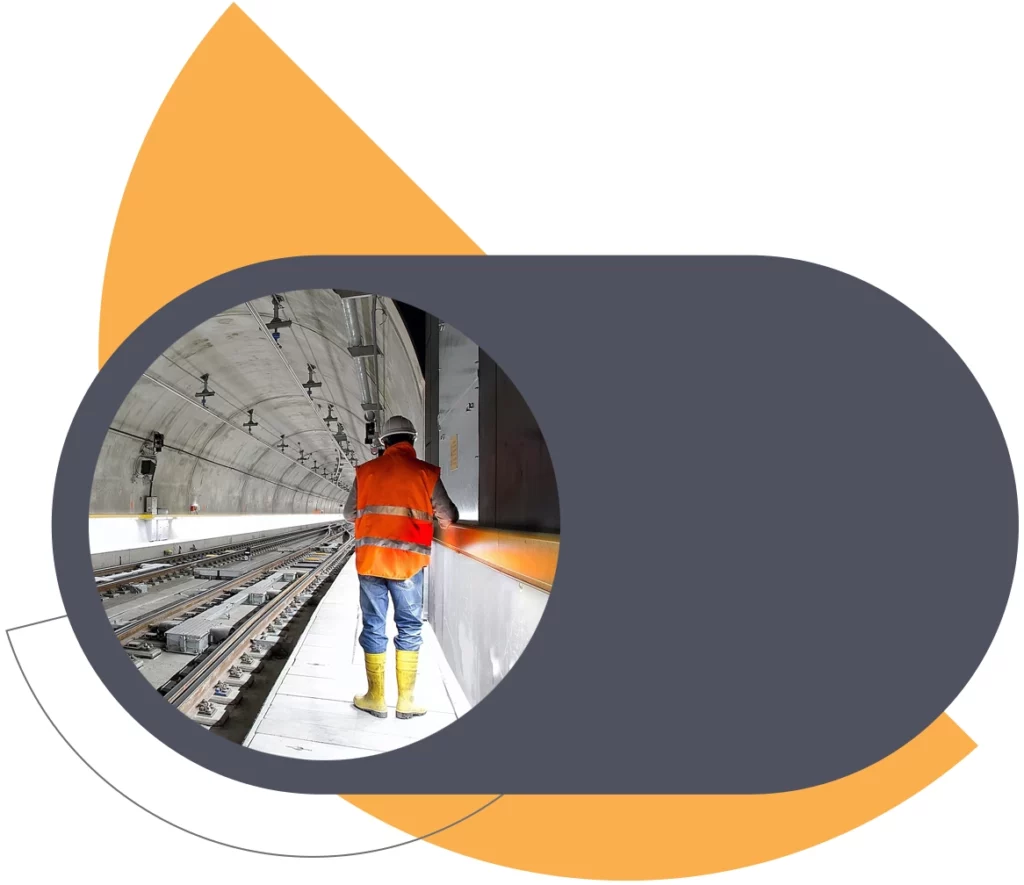Frequently Asked Questions
The below questions are commonly asked, whilst it is not an exhaustive list it will hopefully assist – please do not hesitate to contact MA with a question and we will be pleased to assist.

NERS
The below questions are commonly asked, whilst it is not an exhaustive list it will hopefully assist – please do not hesitate to contact MA with a question and we will be pleased to assist.Electrical Safety Management
MA will support your organisation in the development and maintenance of an Electrical Safety Management System in accordance with the current legislation and Guidance.
NERS Requirement
The investment in becoming a NERS Accredited Provider is a major decision and MA are able to help develop the business plan.
Personnel
One of the challenges to becoming LRQA NERS accredited is the need to access the personnel with the appropriate competencies and qualifications that can fulfil the roles determined by the LRQA Requirements – MA will be pleased to support you in this area.
Scope
The benefits of becoming a NERS provider requires an understanding of the terminology contained within the LRQA NERS Requirements document and how that will be developed into the systems, processes and procedures – here are some of the key terms explained.
The process involves understanding the LRQA Requirements specific scope e.g. HV Cable Jointing and the Organisation IN THIS CASE WILL BE seeking Scope Extension for Project Management option where the labour will be supplied by an approved ICP Organisation that may already hold or use the opportunity to gain full accreditation themselves on this project. The development of a Schedule of Responsibilities that will identify the obligations of the PM and the Construction Provider will assist in identifying the categories which will be assessed by LRQA during the visit.
The organisation seeking PM approval must ensure that the first opportunity that arises will be used to carry out the physical assessment. Once the visit is complete the LRQA Assessor will produce a report with the findings against the Schedule of Responsibilities (SOR). There may be some points that need further addressing and once the assessor is satisfied that the organisations have fully demonstrated the compliance with the LRQA Requirements and HOST DNO Standards a recommendation will be made for Full Approval in that particular scope only
The importance of a technical audit to ensuring the accredited body is maintaining its management system and scope between surveillance. During the surveillance visits the assessor will examine the Technical Audit and the management of the non-conformances identified.
Have more questions?
MA would be pleased to receive questions or feedback on any of the content that is contained within the website.
